Leaving comfort for one of the world's most expensive cities was a great financial decision
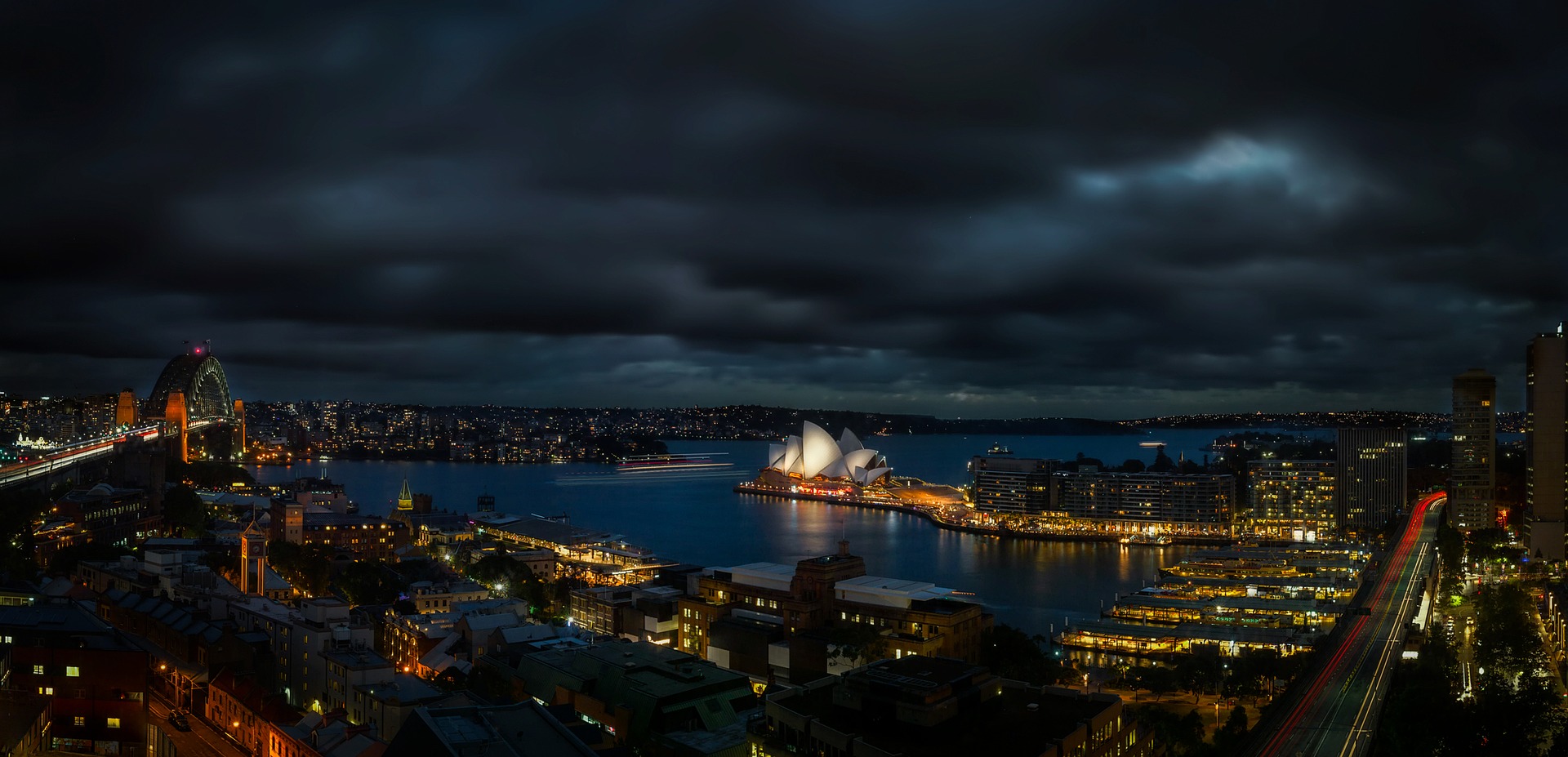
Let's say you're sick of the high cost of living in the U.S. and want to move abroad. Where are you likely to look? Costa Rica? Thailand? Maybe Panama? Sure, that's normal. But, it wasn't normal for Kyle from Not Your Parents' Financial Guy. He moved to one of the world's most expensive cities.
Today, he tells us why.
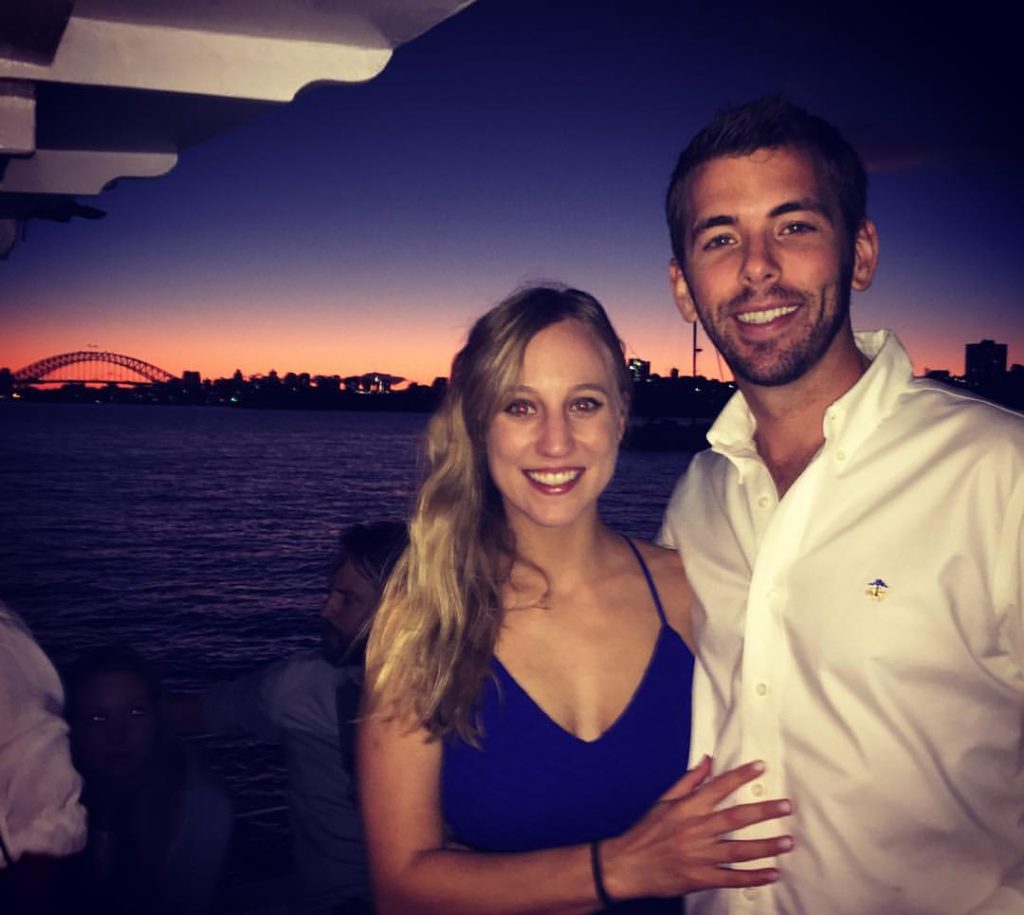
Taking a leap of faith and making a big change in your life can be a scary time. However, typically what's scarier is the thought of staying in a situation that is draining on your life, whether it be emotional, financial or otherwise. This was my thought process back in September 2015 when I made the decision to leave my comfortable life in Chicago to move to the other side of the world to live in one of the world's most expensive cities.
That city? Sydney, Australia.
Moving to Sydney turned out to be an unlikely but great financial move that allowed me to save $30,000 my first year living there. But first, some backstory:
I decided to leave Chicago for a few different reasons.
- I was laid off from my job and instead of wallowing in self-pity, I decided it was a sign that I should make a big move.
- My life was in a bit of rut. Same job, same routine, hanging out at the same bars on the weekends. Throughout my entire life, I have never been able to tolerate monotony very well.
- Chicago had just gone through one of the worst winters in history. Temperatures reaching 40 below and record snowfalls. I was ready to live somewhere warm.
In September 2015, my girlfriend Lauren and I left for Sydney armed with one-way tickets and only a few suitcases of clothes. I had rented out my condo and left most of my furniture and possessions with the tenant or just got rid of stuff.
Lauren had managed to line up a job as a marketing manager with her current company in the Sydney office by simply asking for it, and I managed to find a job as a Sydney sales manager by reaching out to a previous employer whom I worked with straight out of college. It was a lesson reinforced that if you want something in life, you better just ask for it and see what happens.
[Note from Steve: Asking for things is critical to getting what you want]
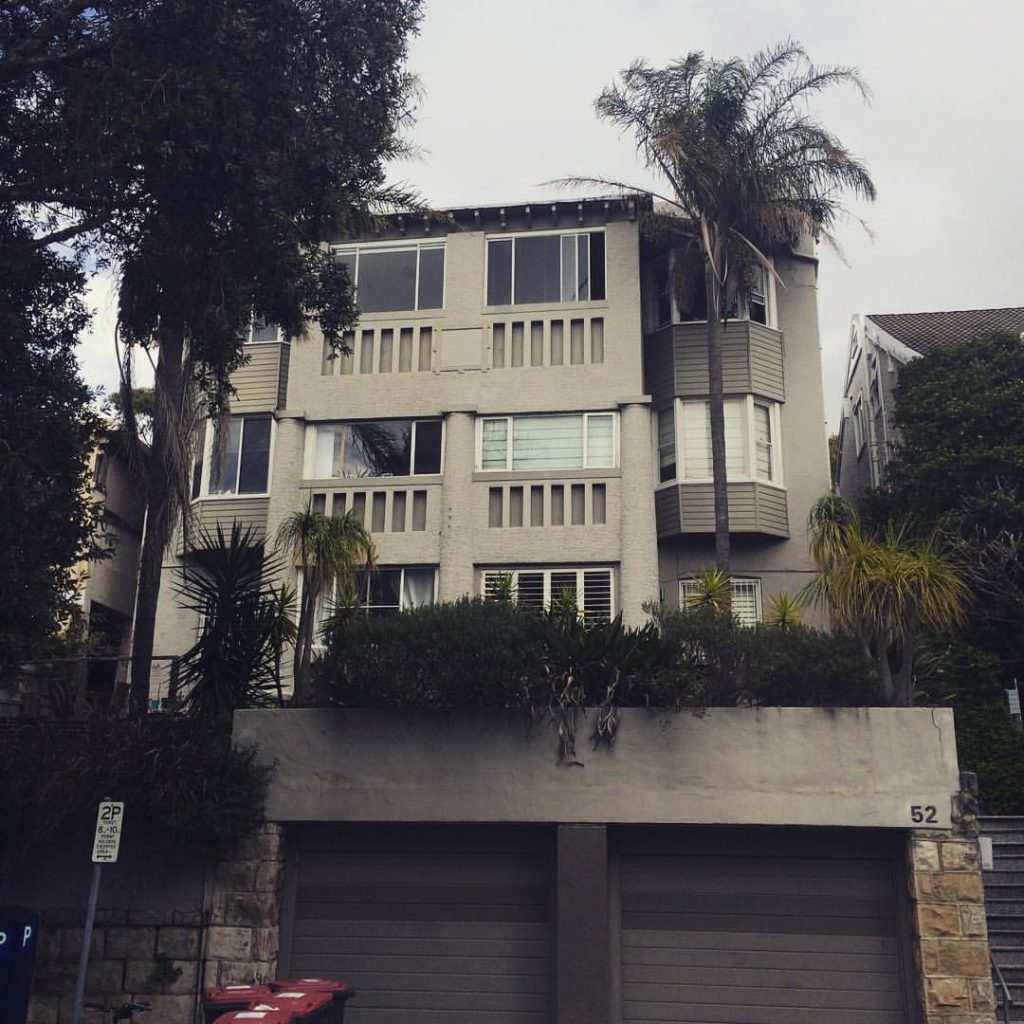
The transition to life in the land down under was not an easy one. New country, no friends, no idea where to live or find housing, but hey, at least we spoke the language. I had asked around to some friends who had lived in Sydney about how to set up a life there so we had some help, but it was still a rough transition. And what we found out very quickly was that all of the global rankings were correct......
Sydney is VERY expensive!
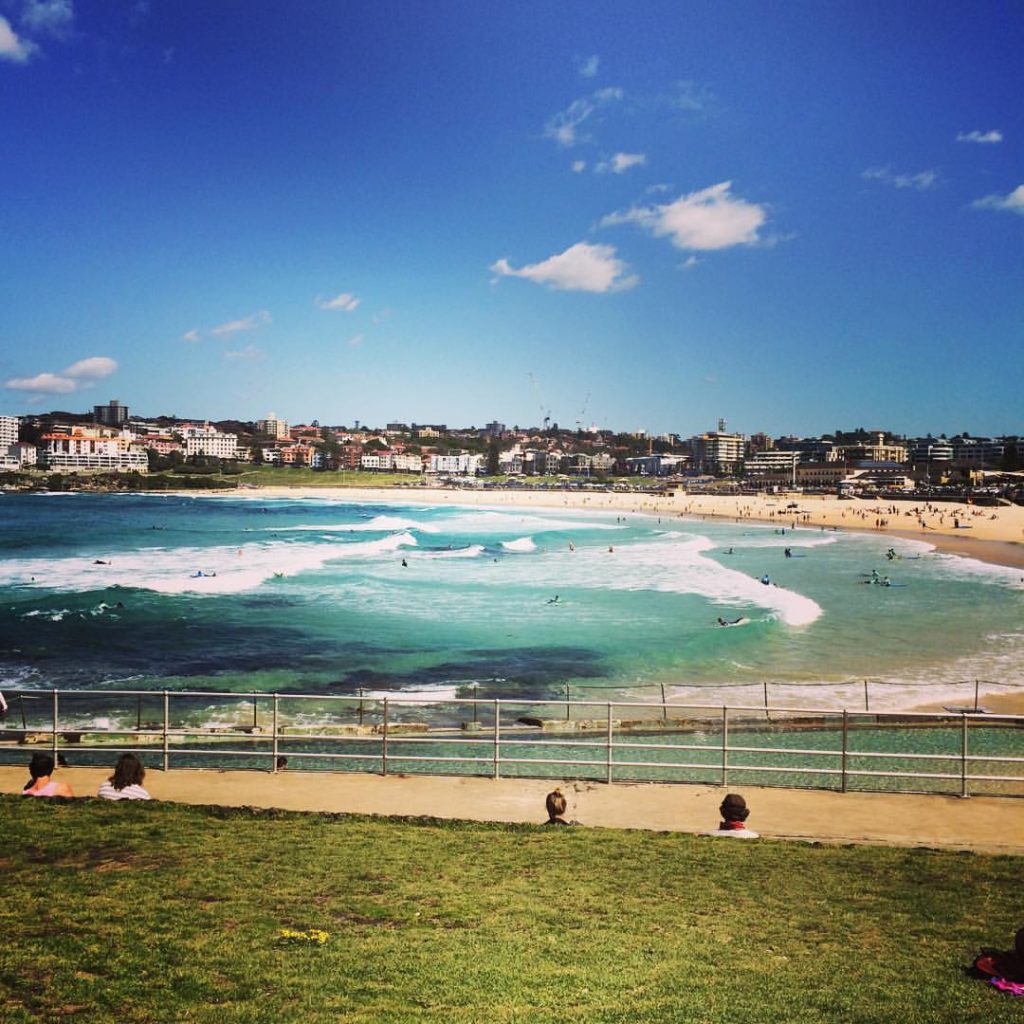
You can check out this post with the specifics about why Sydney is so expensive, but I'll summarize a few of the biggest costs:
- Housing. Sydney has one of the most expensive real estate markets in the world. We live in an unrenovated, one bedroom apartment and pay $1,900/month, which is pretty cheap compared to many of our friends.
- Food/Alcohol. Sydney has a high minimum wage, taxes on alcohol and expensive real estate, so going out to eat or having a drink a bar is an expensive habit. Think $15 for a cheeseburger.
- Taxes. Australia has great government benefits and programs, but it comes at the cost of high taxes.
- Transportation. Cars, fuel, tolls and taxes on all of these items. Having a car was not on our agenda when we first arrived.
So How Did It Work Out?
As the months went by things got easier, and we started to settle into our new lives. We made plenty of friends, adjusted to our jobs and ended up living by one of the best beaches in the world. But, let's get to the money.
After the initial sticker shock of moving to one of the most expensive cities, how did it end up working out financially, you ask?
- Better paying job. My new employer accounted for the higher cost of living in Sydney and adjusted my pay. This is the norm for almost all work in Australia. It's common for retail and hospitality employees to make $20-$30 per hour.
- Making money from renting out my condo. I am only netting a few hundred dollars a month, but hey, it's better than nothing!
- Changed our living style and expectations. Our apartment isn't as nice and modern as where we lived in Chicago, but we live right by the beach, we spend more time outside and cut back on eating out and drinking.
- CHEAP HEALTHCARE. I pay $100/month for private health insurance which has no deductible. Australian citizens all have a single-payer system called Medicare, which essentially prevents drug and insurance companies from lining their pockets and also regulates costs so you don't pay $200 for ibuprofen at the hospital or other outrageous costs. Lauren had some medical expenses (blood work, numerous specialist doctors, minor procedure) that would have been $5,000+ in the U.S. and ended up only costing less than $1,000 in Australia. It is one of the biggest reasons why I fear moving back.
- Retirement assistance that favors employees. Full-time employees receive 9.5% of their salary paid into a retirement account each year by their employer. Nothing is taken out of our paycheck. That's the law.
Living in another country has really opened our eyes to the differences in lifestyle that people experience in other parts of the world. Many people associate lower costs of living outside the U.S. as a move to countries like Thailand or Costa Rica. However, even a city like Sydney offered up some great opportunities for savings (healthcare, better pay, retirement savings) as long as you are willing to make concessions elsewhere (housing, restaurants/nightlife, entertainment).
The benefits are great for essential items of life. And, a few cutbacks in discretionary spending makes Sydney a perfectly affordable - and super beautiful - place to call home.
At times, the U.S. feels like the opposite. We have cheap food, alcohol, and entertainment, but you can go bankrupt from healthcare costs. Not having healthcare because you can't afford it is something that is unfathomable to people in Australia.
How I Saved $30k My First Year
Here's my breakdown for how I ended up saving $30,000 my first year living in one of the world's most expensive cities. These savings are just from my income, as Lauren and I currently keep our finances separate:
- I used a simple budget strategy to set a budget that focused on saving 30% of my salary. $14,000
- Saved all of my incentive pay from working in sales. Another 15% of my income. $8,000
- Saved my fairly large tax return (since I'm not a Australian citizen and don't receive government benefits). $3000
- My employer saved 9.5% of my salary into a retirement account. $6,000
Our apartment was by far our most expensive cost at $1,900/month, but we made up savings elsewhere by cooking at home, spending our free time hiking or at the beach, and being careful about not accumulating too
much stuff in our small living space.
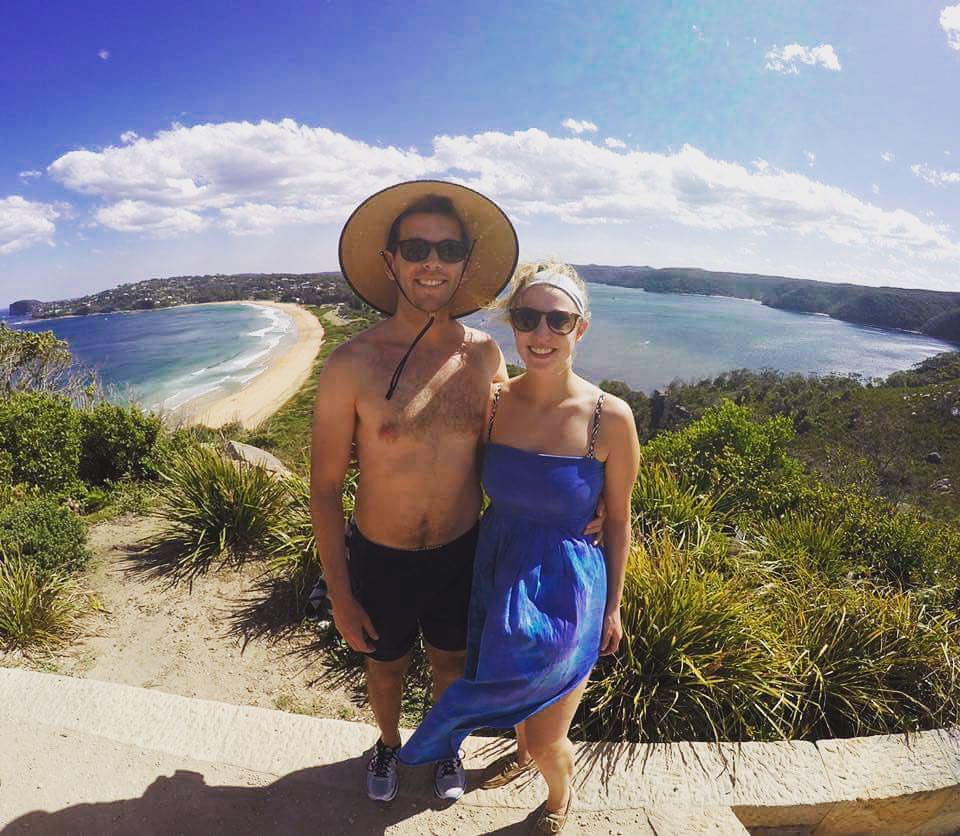
Could You Benefit From a Drastic Change?
It's easy to become so settled in your life and day-to-day routine that you don't even realize that other ways of life are out there. The United States is my home and where I'm from, but in opening up my eyes to other ways of life (single-payer healthcare, a minimum wage that you can actually live on), I can see that the great country I'm from could stand to make some improvements.
Don't be afraid to step out of your comfort zone and experience something new. Next time you hear of something that seems crazy, such as people quitting their jobs to travel, starting an obscure online business or moving to Greenland with their children to study Arctic sea ice, just take a moment to consider the possibility that there might be a great opportunity in that wild decision. It doesn't hurt to take a review of your life (I do this on a yearly basis) and see if there are any areas in which you could make a drastic change that could lead to a great opportunity.
Are there areas in your life that feel stagnant and could use a change? How could that change spark new opportunities for your finances or happiness?
P.S.: Funny note - Australians are known for their "Aussie slang" and shortening many common words. A quote from someone at work: "My diary is chockablock this arvo but see if you can squeeze in afternoon tea if you're keen."
This translates to "My calendar is pretty booked up this afternoon but let’s see if we can squeeze in a coffee meeting if you're interested."
Kyle at Not Your Parents' Financial Guy is all about following the less-traveled path in life and using nontraditional financial advice to get there. Whether you want to quit your job, travel the world or spend more time with your family, he wants to help enable people to live their dreams.